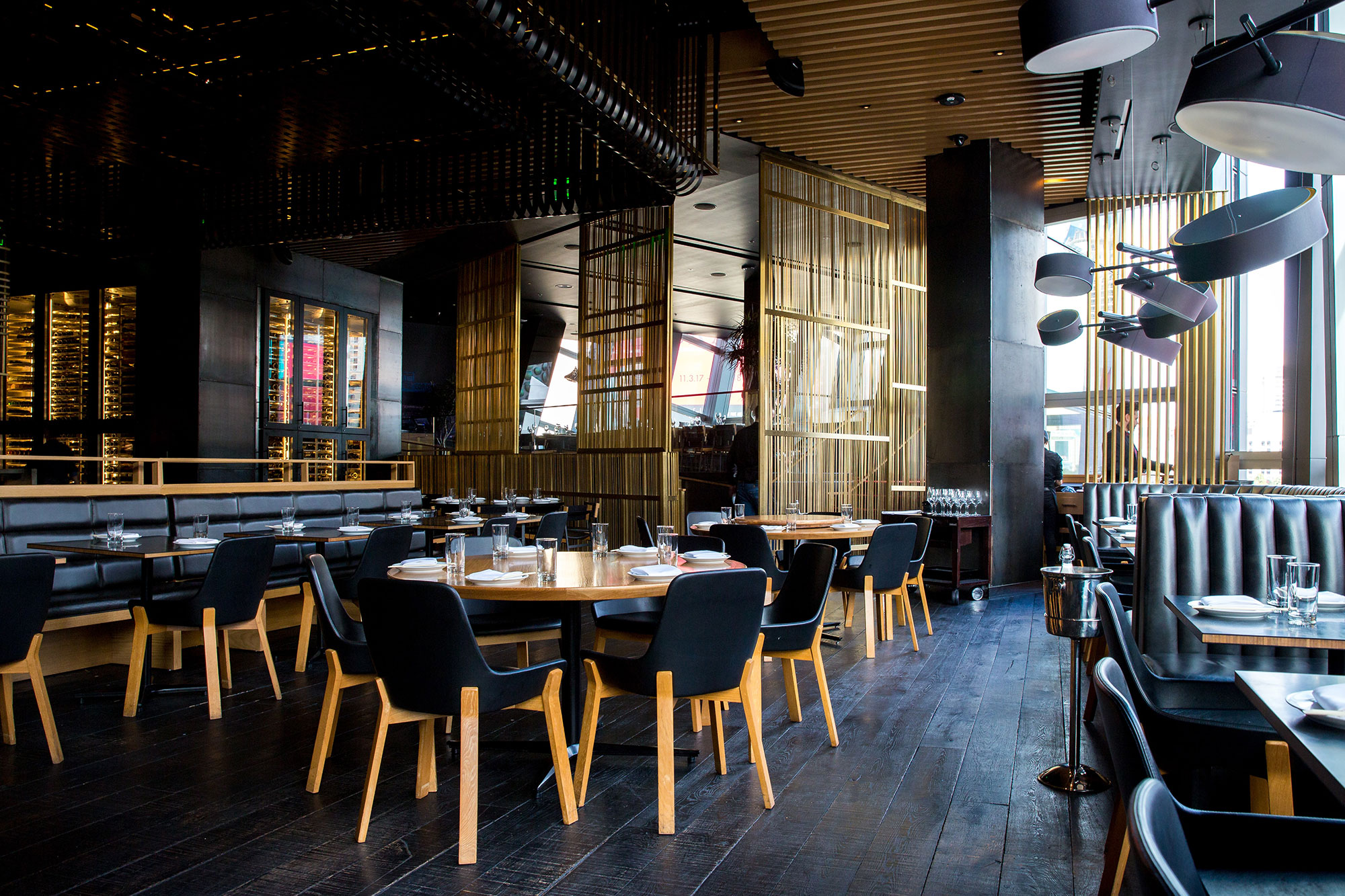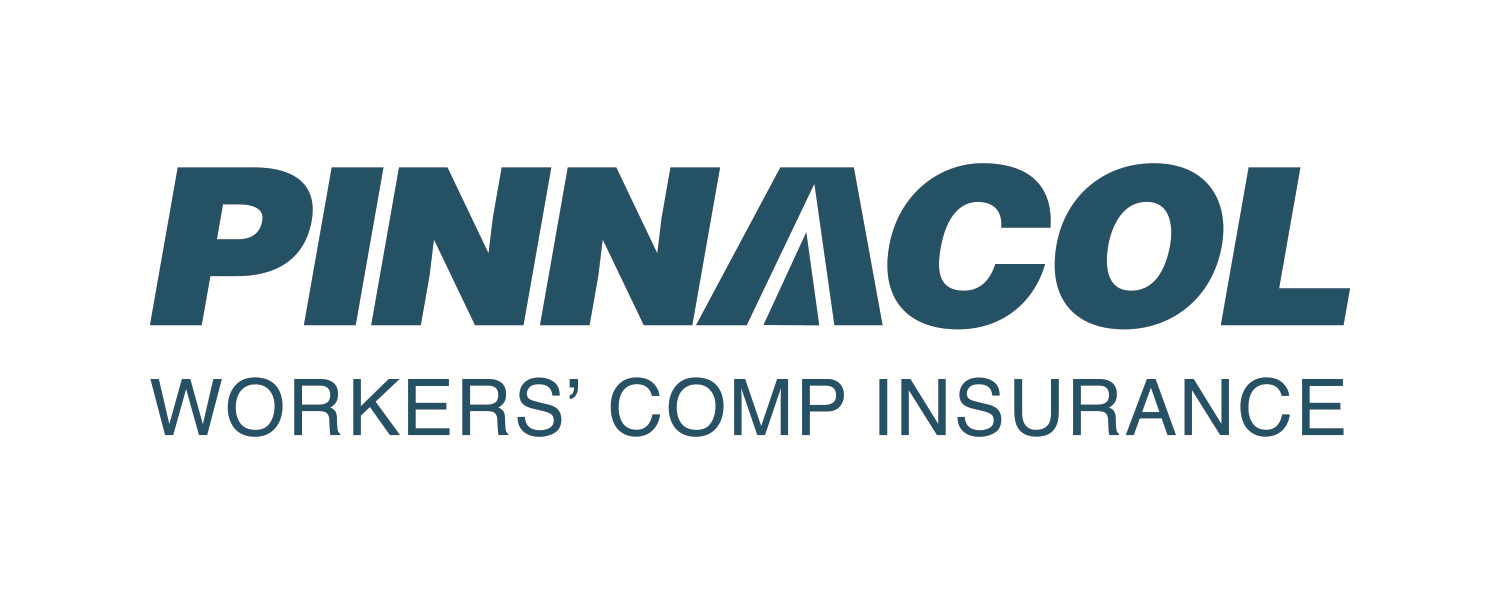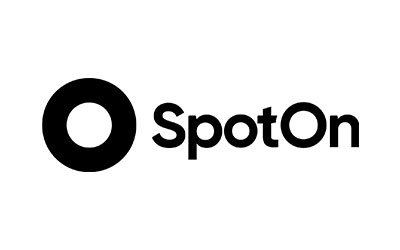Sponsored by our partners at Pinnacol Assurance
According to the National Alliance on Mental Illness, a staggering 21 percent of U.S. adults experienced mental illness in 2020.
Being such a widespread problem, it’s crucial for employers across industries to check in on their workers and offer wellness resources.
This need is especially acute in the high-pressure environment of the restaurant world.
Restaurant workers, in particular, are prone to:
- Depression
- Insufficient sleep
- Drug and heavy alcohol abuse
Before the pandemic hit, hospitality leaders had begun to discuss mental health more openly, and that trend continued as COVID-19 had its devastating impact on the industry.
This year’s busy holiday season is expected to be demanding, with more customers eager to dine out coupled with staffing shortages.
But restaurant owners and workers can take immediate, positive action today. Here’s a look at the benefits of protecting mental health, as well as concrete, easy-to-implement suggestions for managers and workers.
Why prioritizing mental health is important
Creating a positive environment and helping those who are struggling is not only the right thing to do but also encourages a happier, healthier workforce; helping restaurants to run better and saves money.
Jon VonderHaar, a safety consultant with Colorado’s leading workers’ compensation carrier Pinnacol Assurance, points out that depression alone costs society $210 billion a year.
Much of which is borne by employers in productivity loss: “Healthier people show up, and they take care of themselves. So they’re going to do a better job of taking care of your customers,” says VonderHaar.
Mental health tips for restaurant owners
Create space for employees to talk about mental health issues and remove any stigma.
“Open up and share your own experience as a leader,” says VonderHaar. “If you start that conversation, people may feel more comfortable opening up themselves,” he says.
Foster a unified environment, with managers and front- and back-of-house teams working together and looking out for each other. Understand that employees bring their whole person to work, and everyone is going through something. “Be gracious in interactions with each other,” says VonderHaar.
Get familiar with the tools available to you and your employees
It’s essential to be generous with referrals and mental health resources. Make sure that workers know where to go if they’re having a hard time.
One area that can be particularly challenging today is dealing with hostile customers. VonderHaar says staff training is key here. Give frontline workers basic techniques to diffuse the situation, but if that doesn’t work, make sure they know to refer the customer to the manager.
Pinnacol offers a Workplace Stress course to help employees identify potentially stressful situations and learn how to cope with them. Pinnacol customers can access the course for free by contacting their assigned Safety Consultant or our Safety on Call service to gain access. The Crisis Prevention Institute is another helpful organization on this topic.
VonderHaar also suggests the following resources for Colorado restaurant owners and managers:
- Healthlinks mental health webinars. Healthlinks is a research-to-practice program based in the Center for Health, Work & Environment at the Colorado School of Public Health. It uses evidence-based strategies to help employers improve workplace health and safety.
- CHOW (Culinary Hospitality Outreach Wellness) is a Denver metro-based organization whose mission is to support wellness in the hospitality industry. It has a variety of resources and programs for both employers and employees.
Mental health tips for restaurant workers
For employees, VonderHaar says a key first step for better mental health is awareness—being aware of what you’re feeling and recognizing that it’s okay.
Know the signs, and don’t be hesitant to speak up at work and put a voice to what you’re feeling. For example, it may be more effective to say “I’m struggling” instead of sharing situation details that may be too personal or sensitive to share with supervisors or coworkers.
“Mental health and physical health are closely linked, so take care of yourself, try to get your exercise, try to get your sleep,” says VonderHaar. And take advantage of all of the programs and assistance your employer offers.















